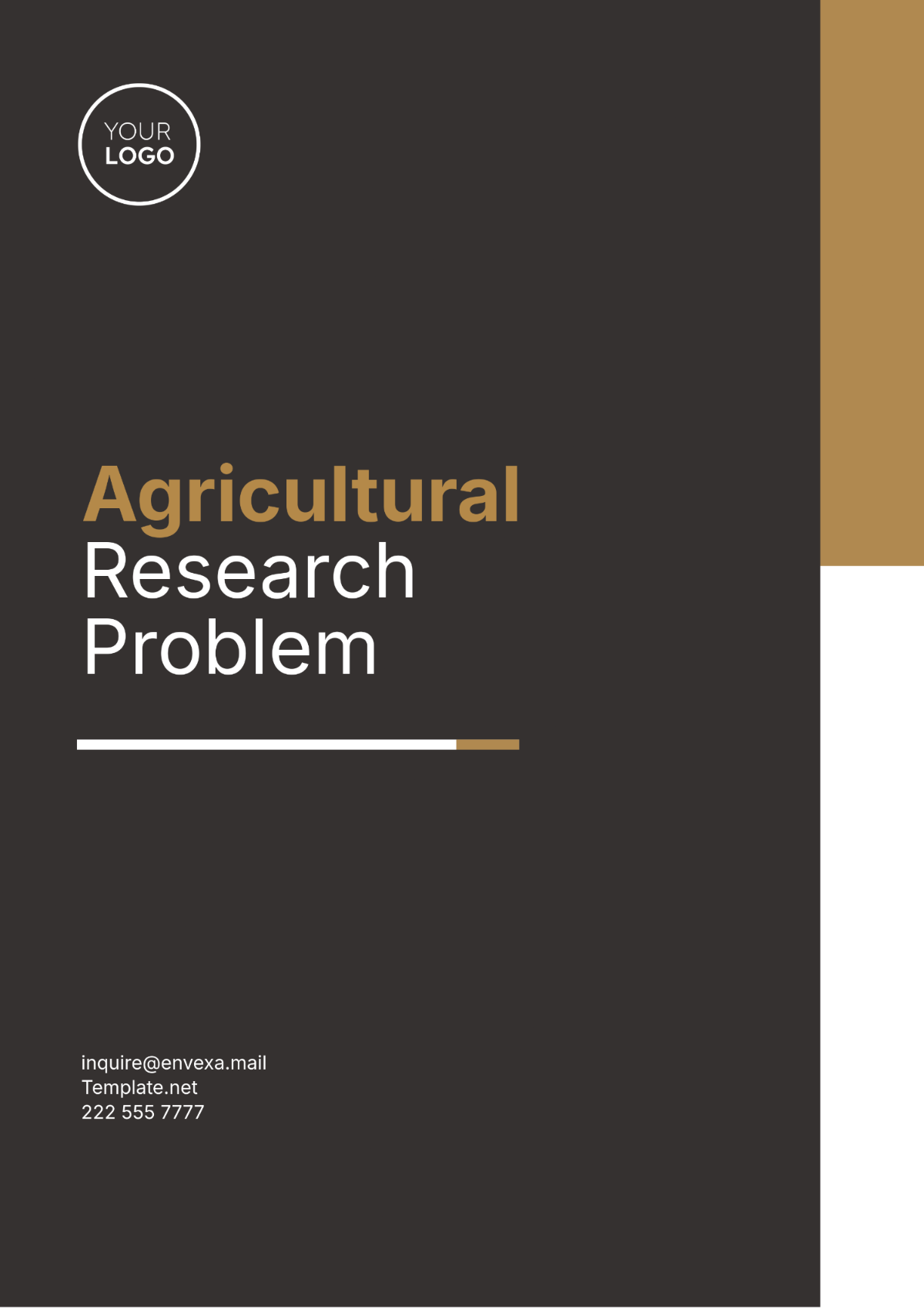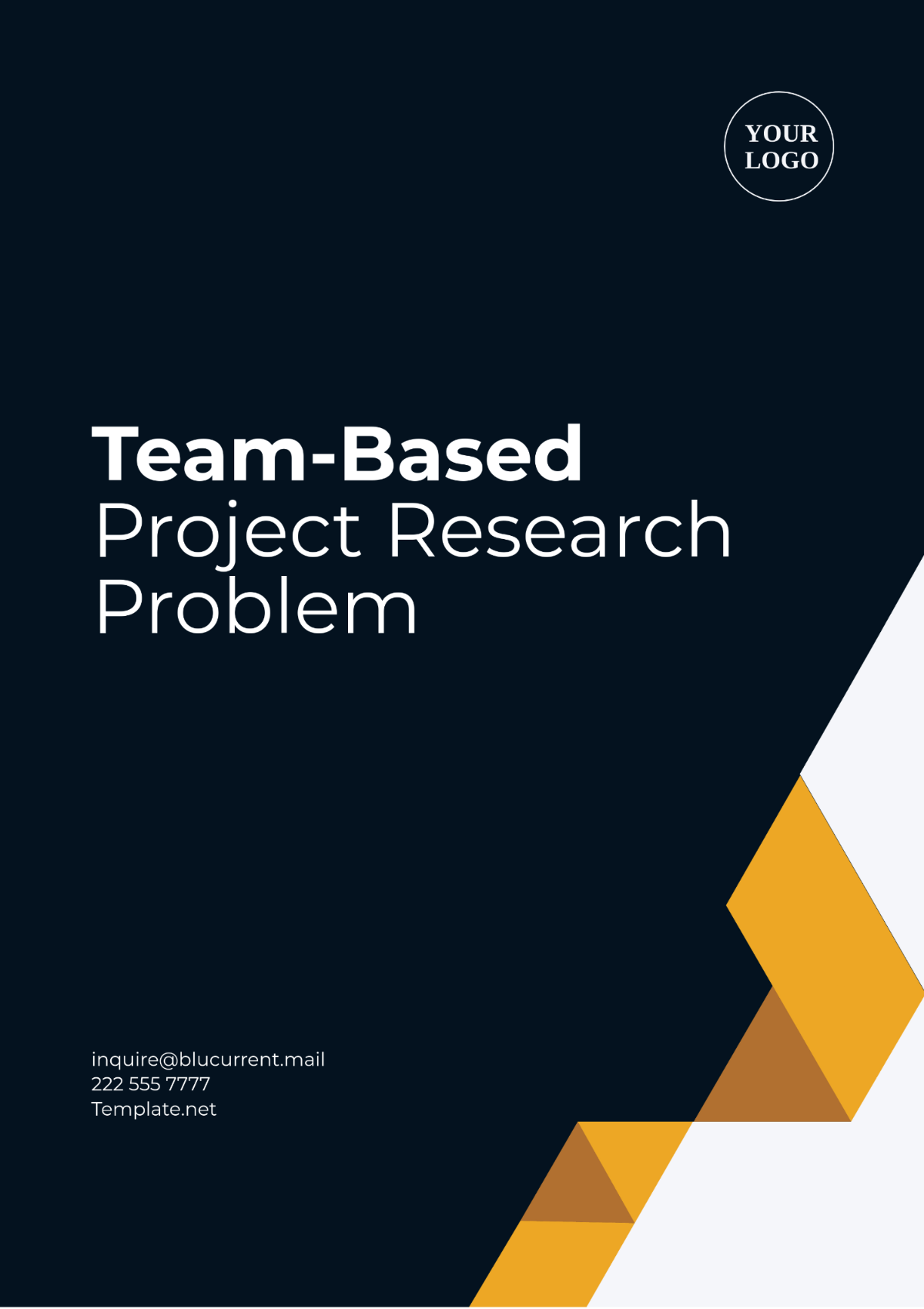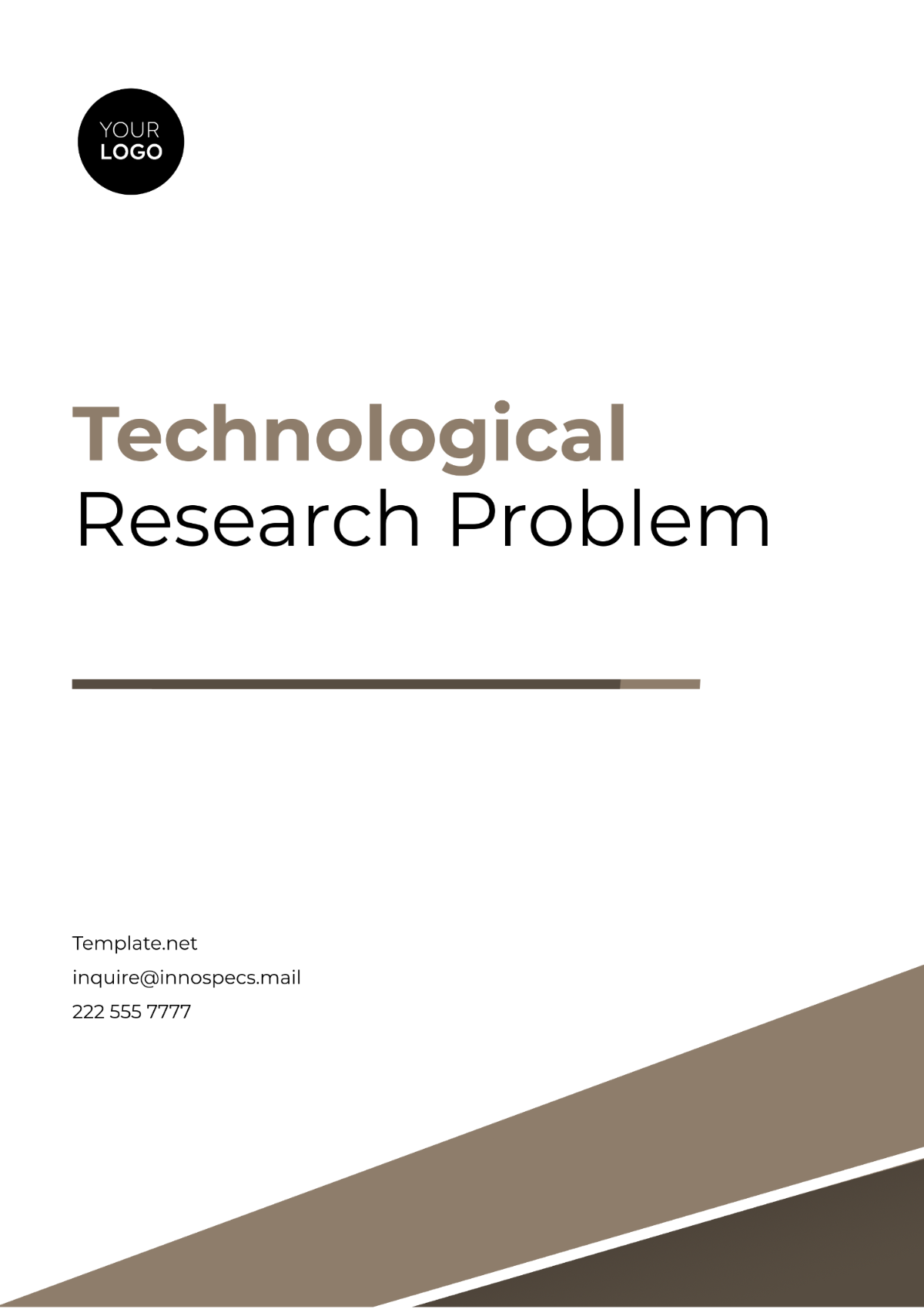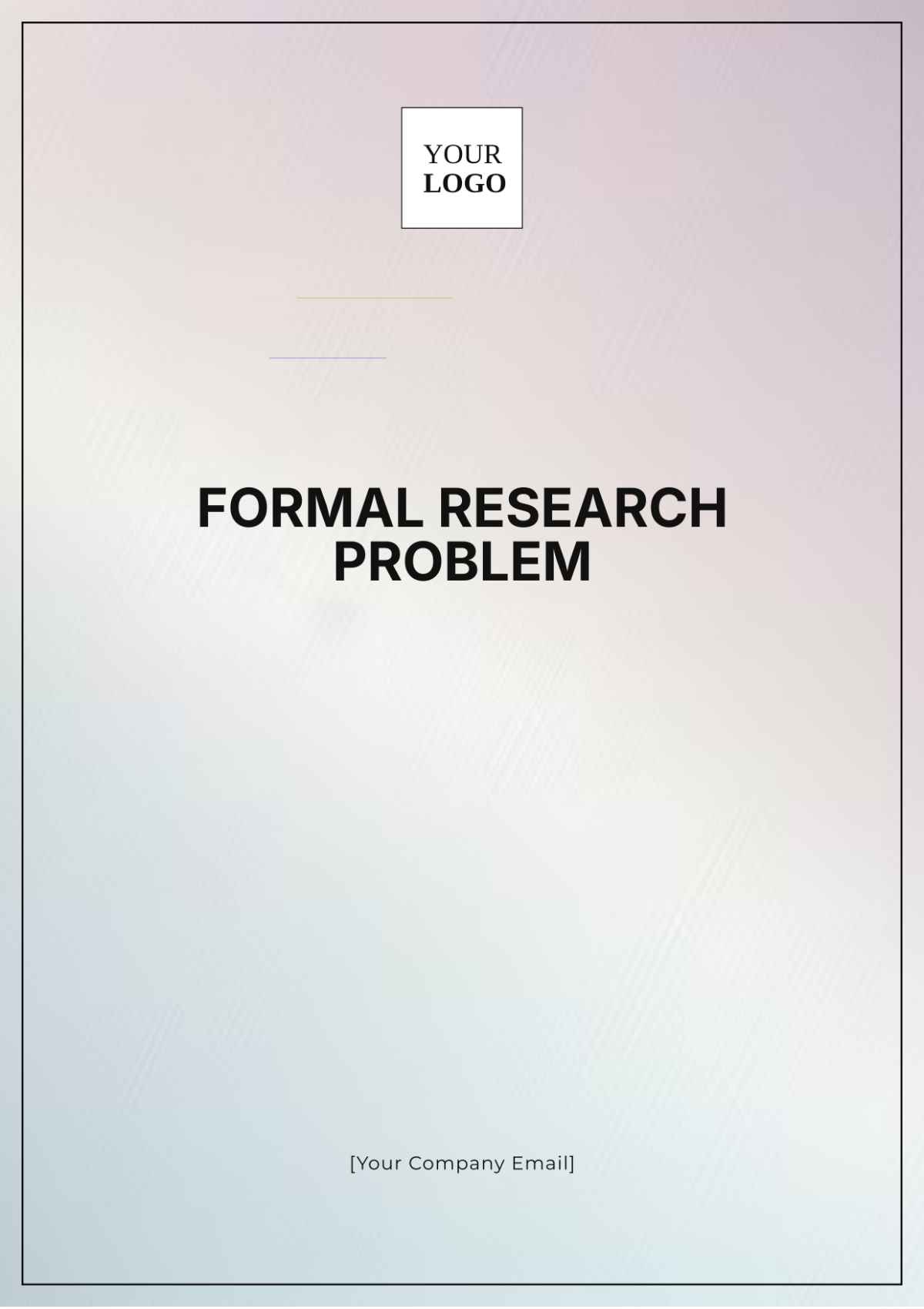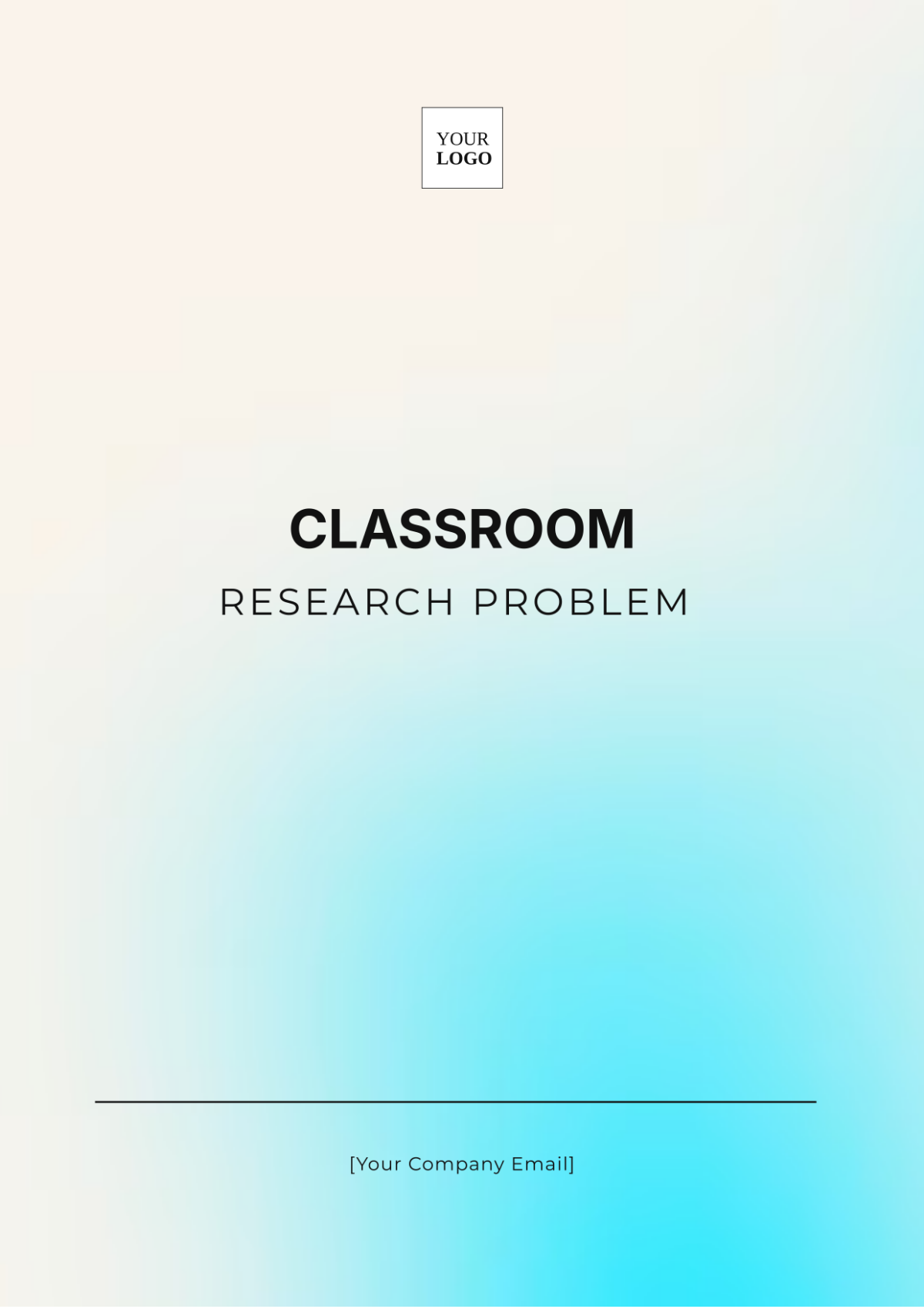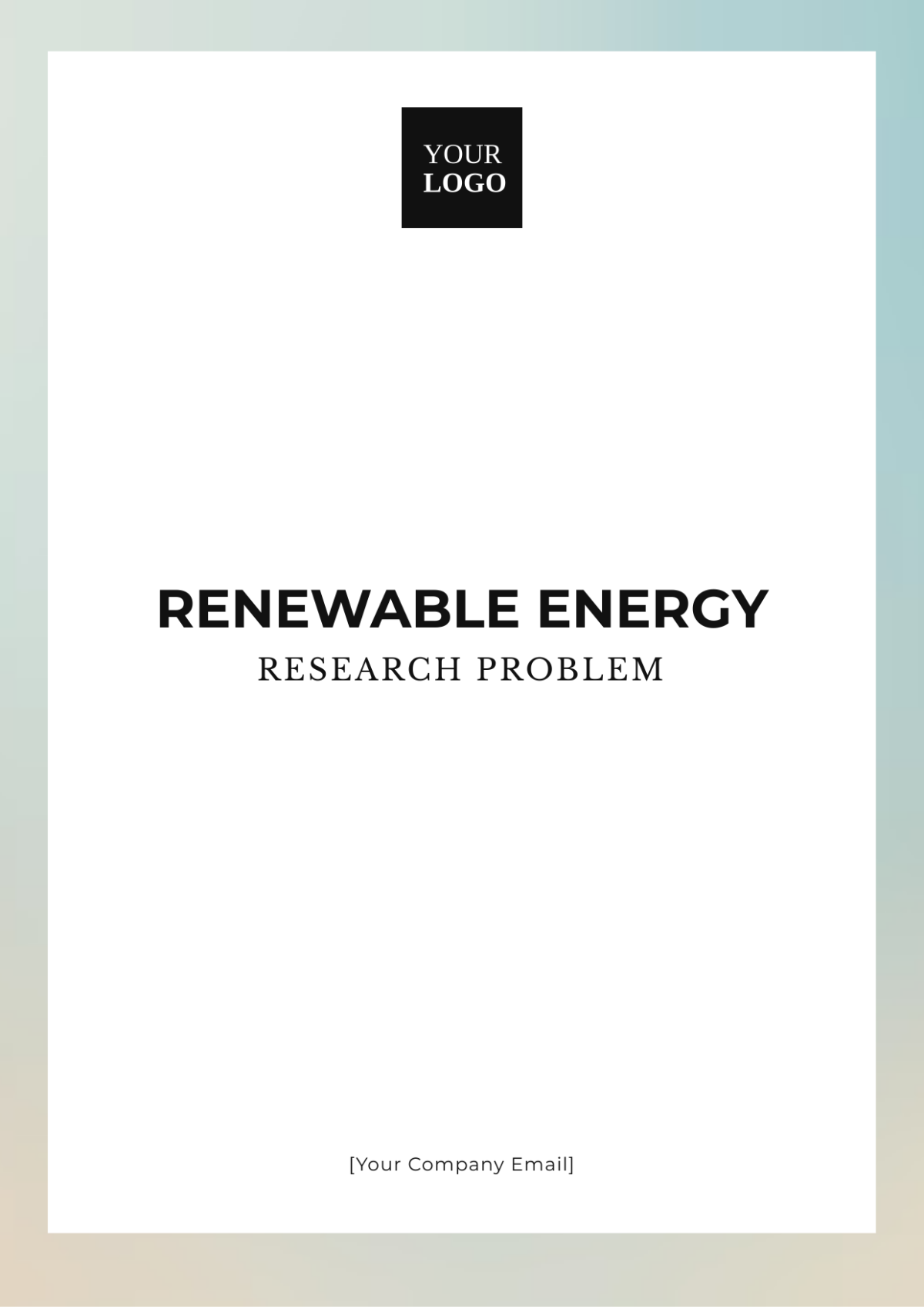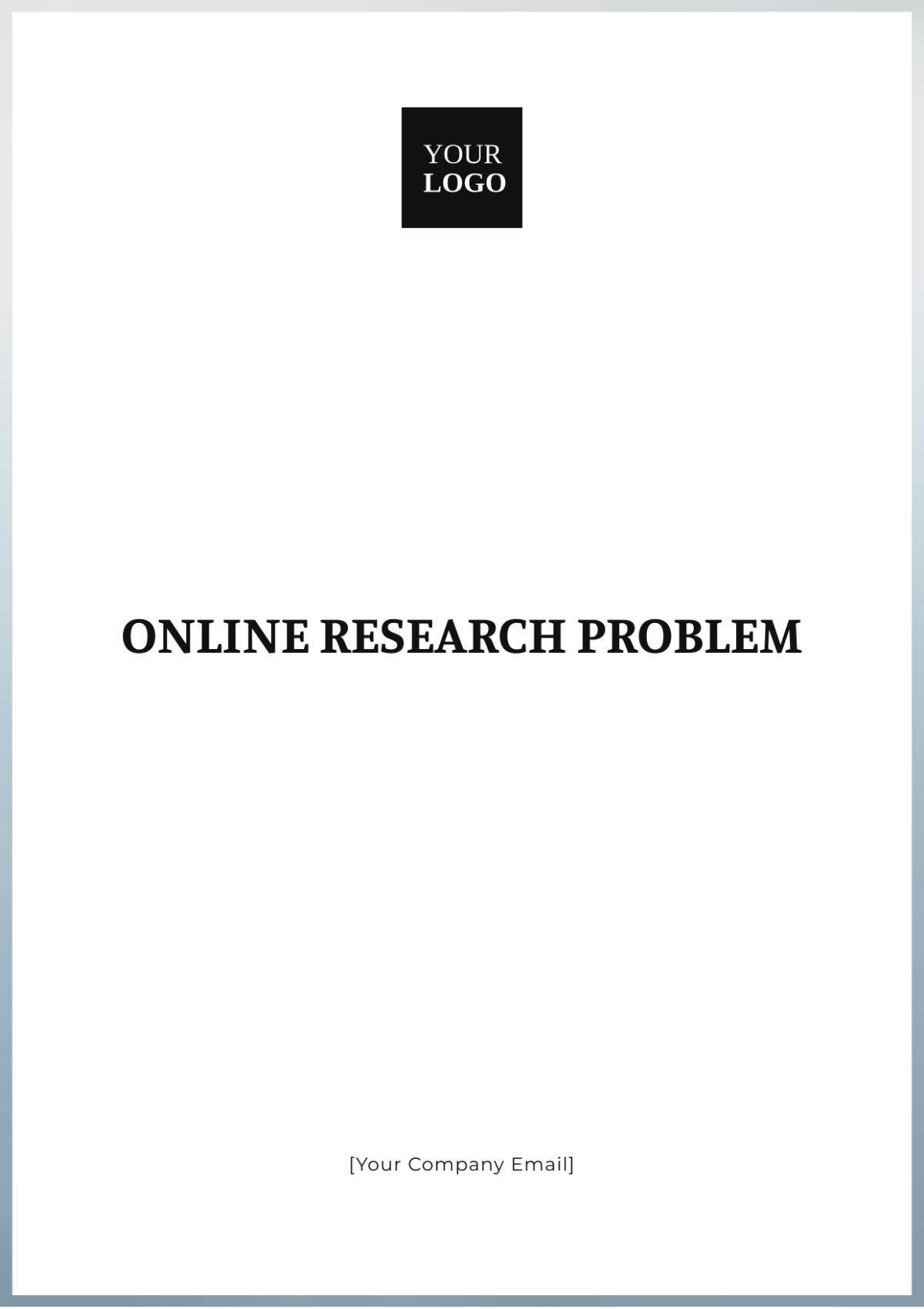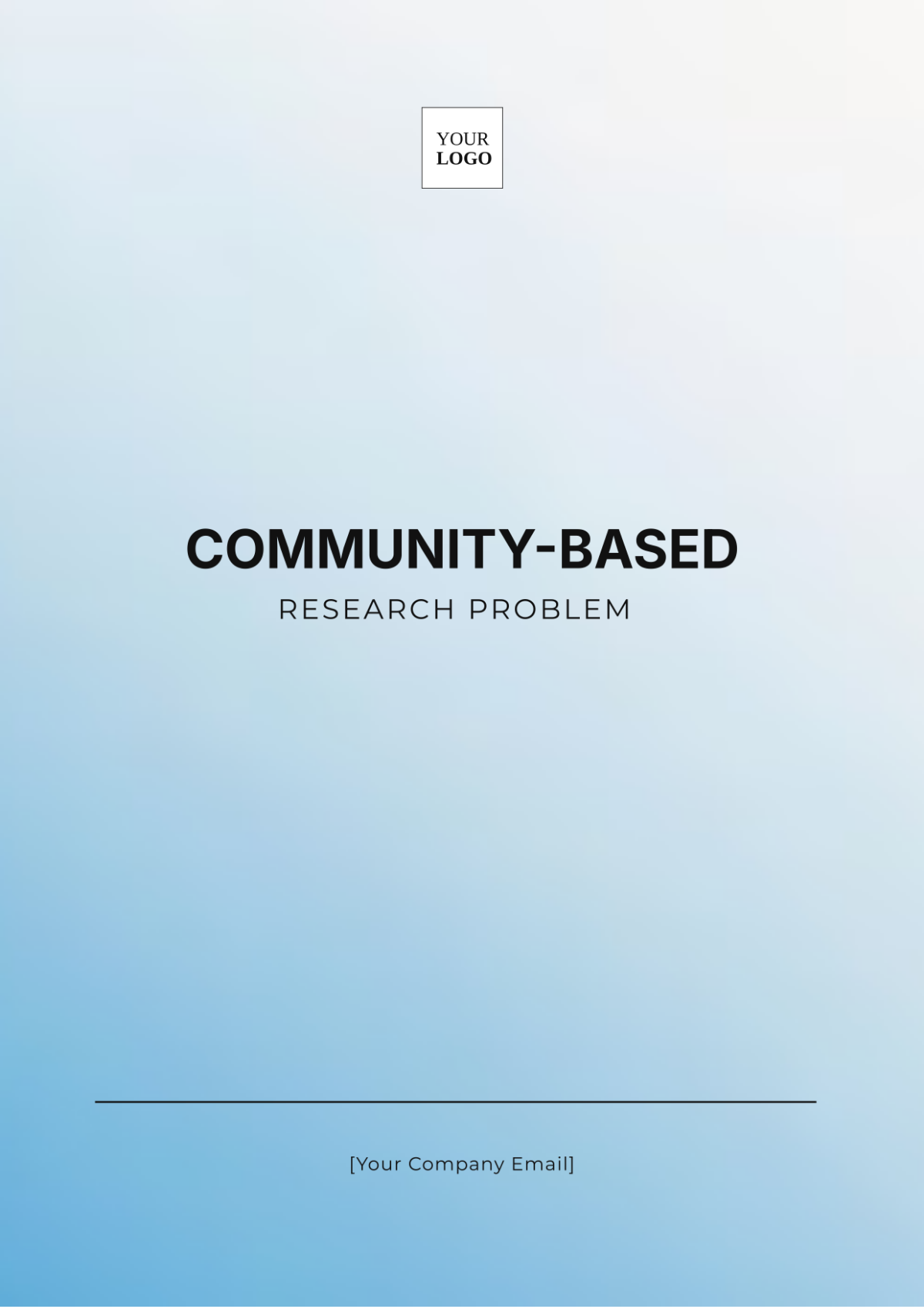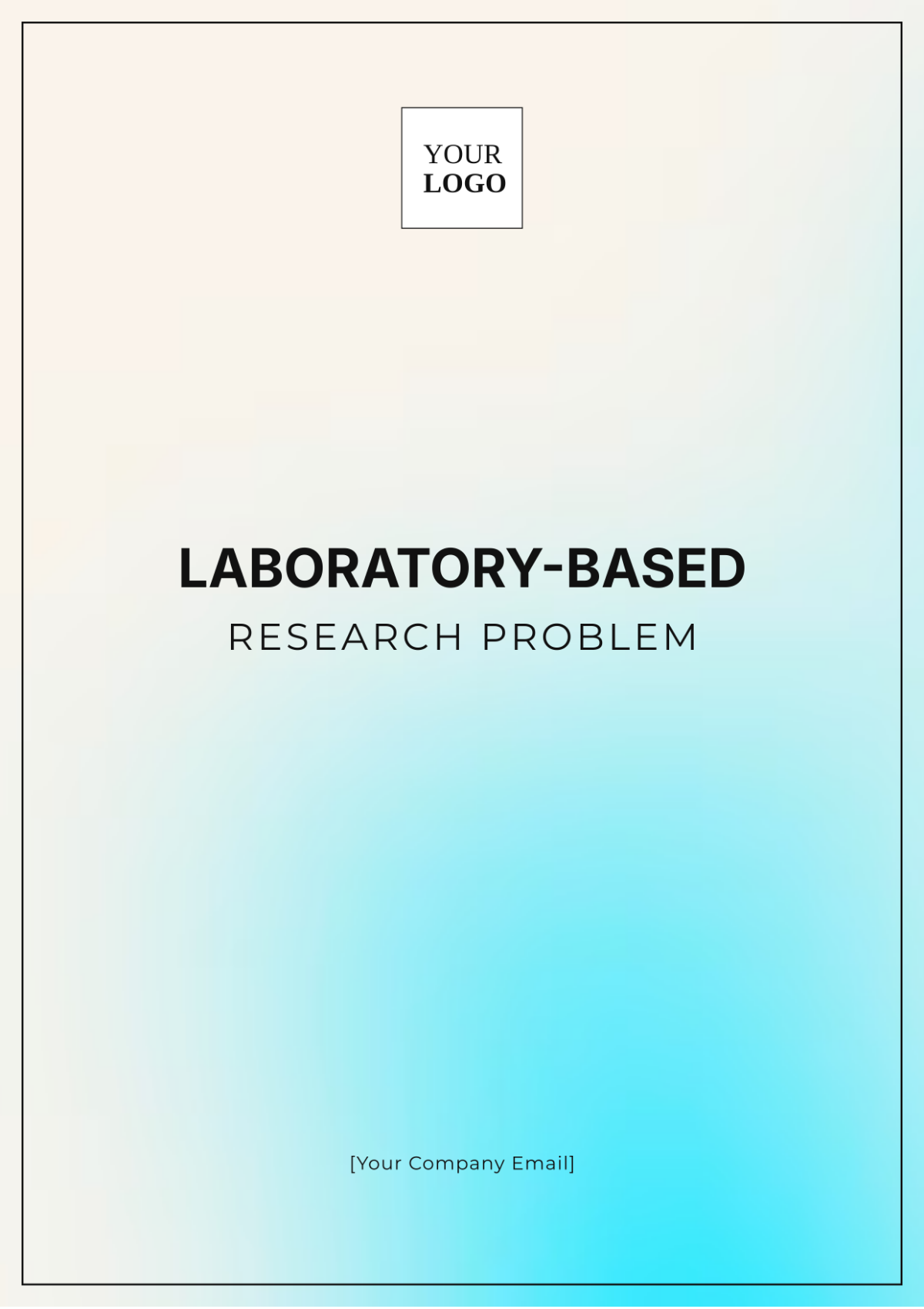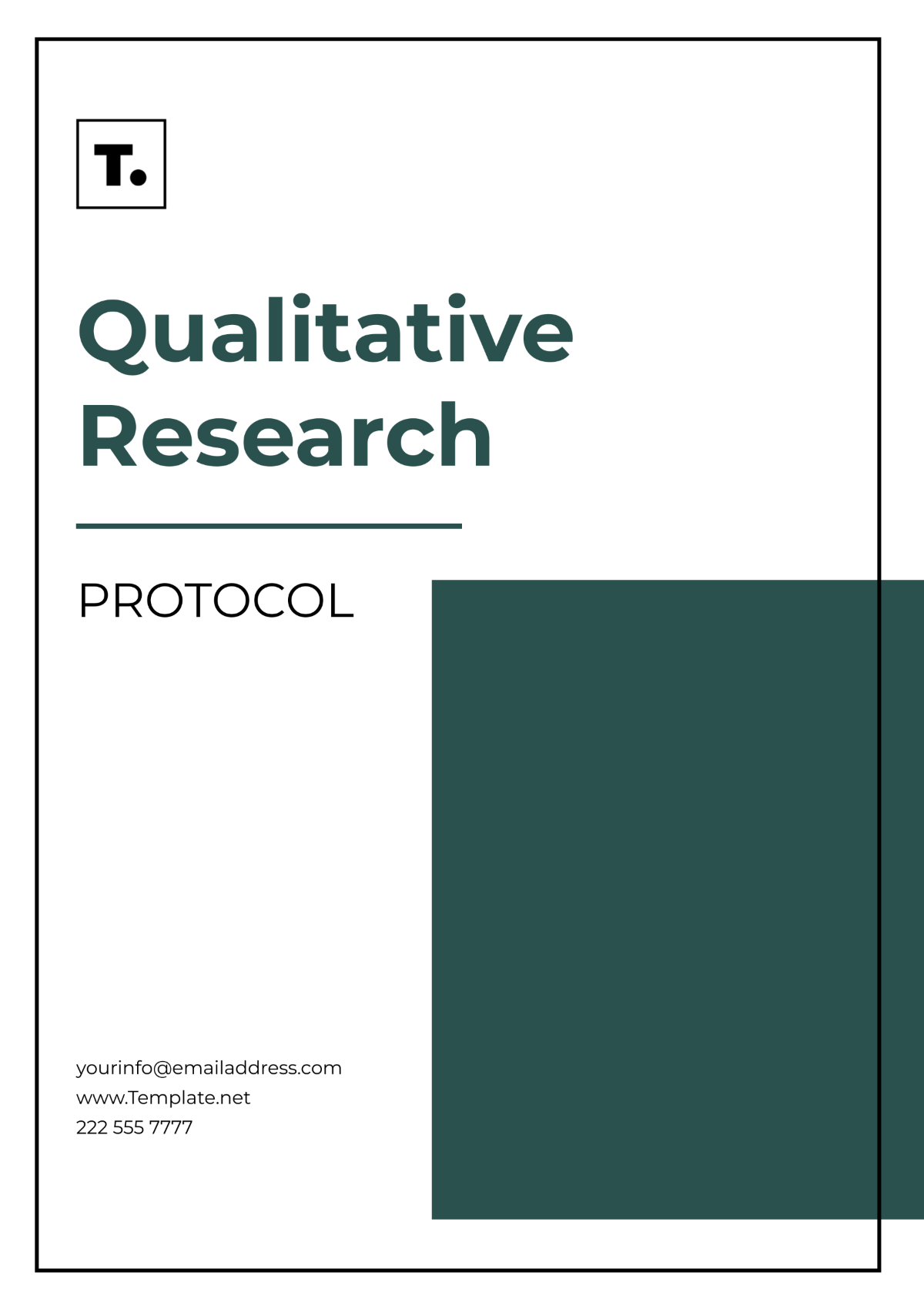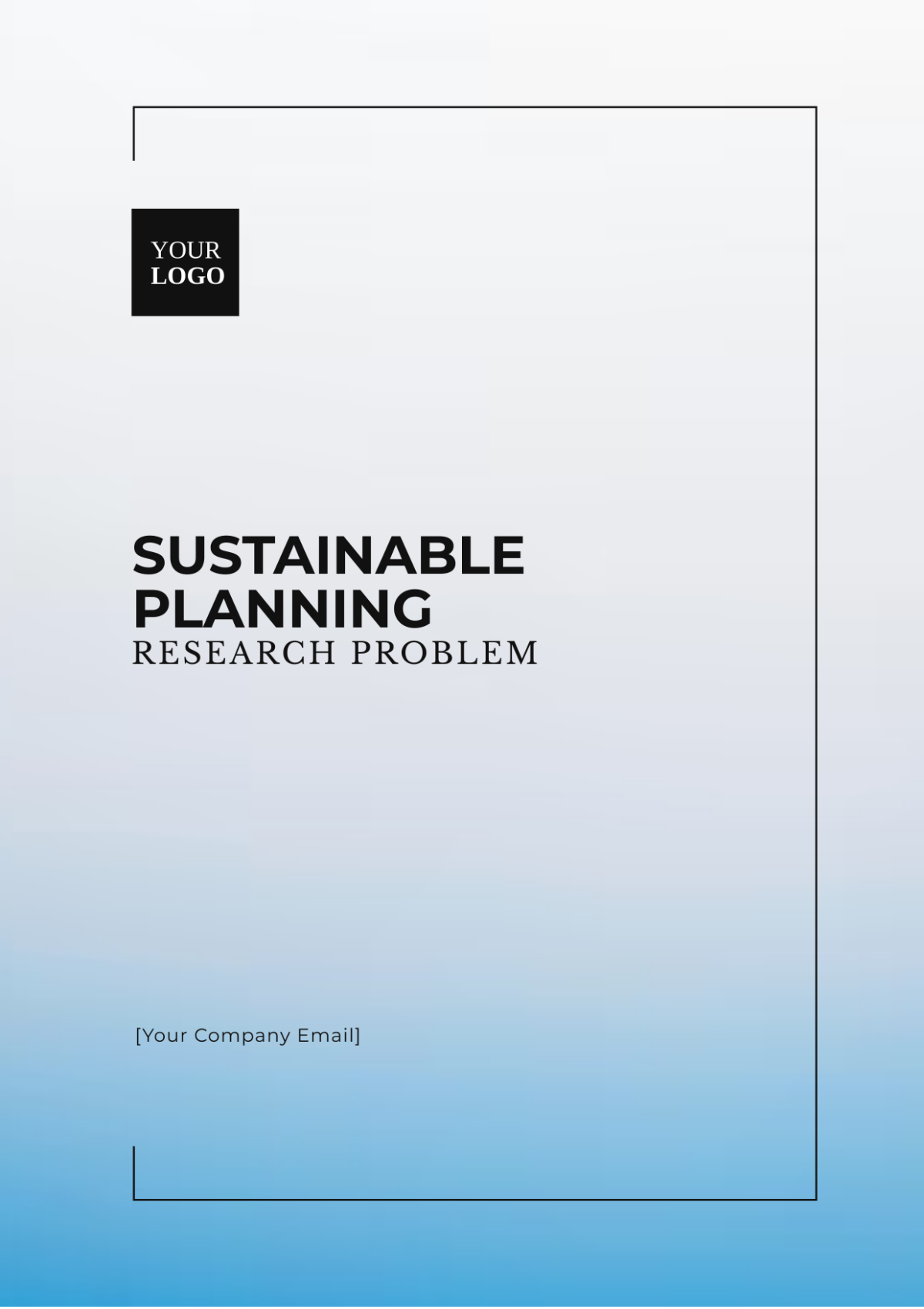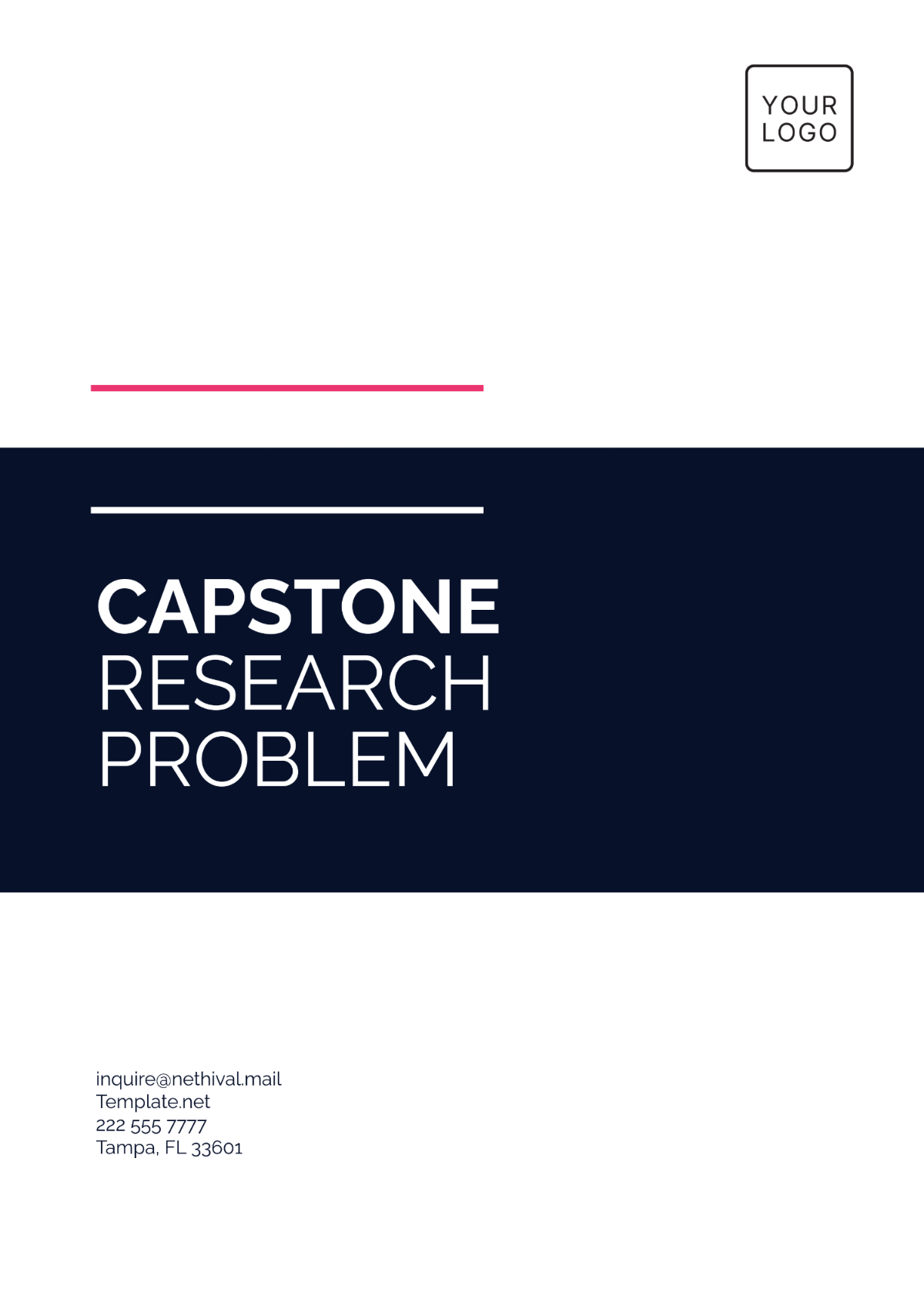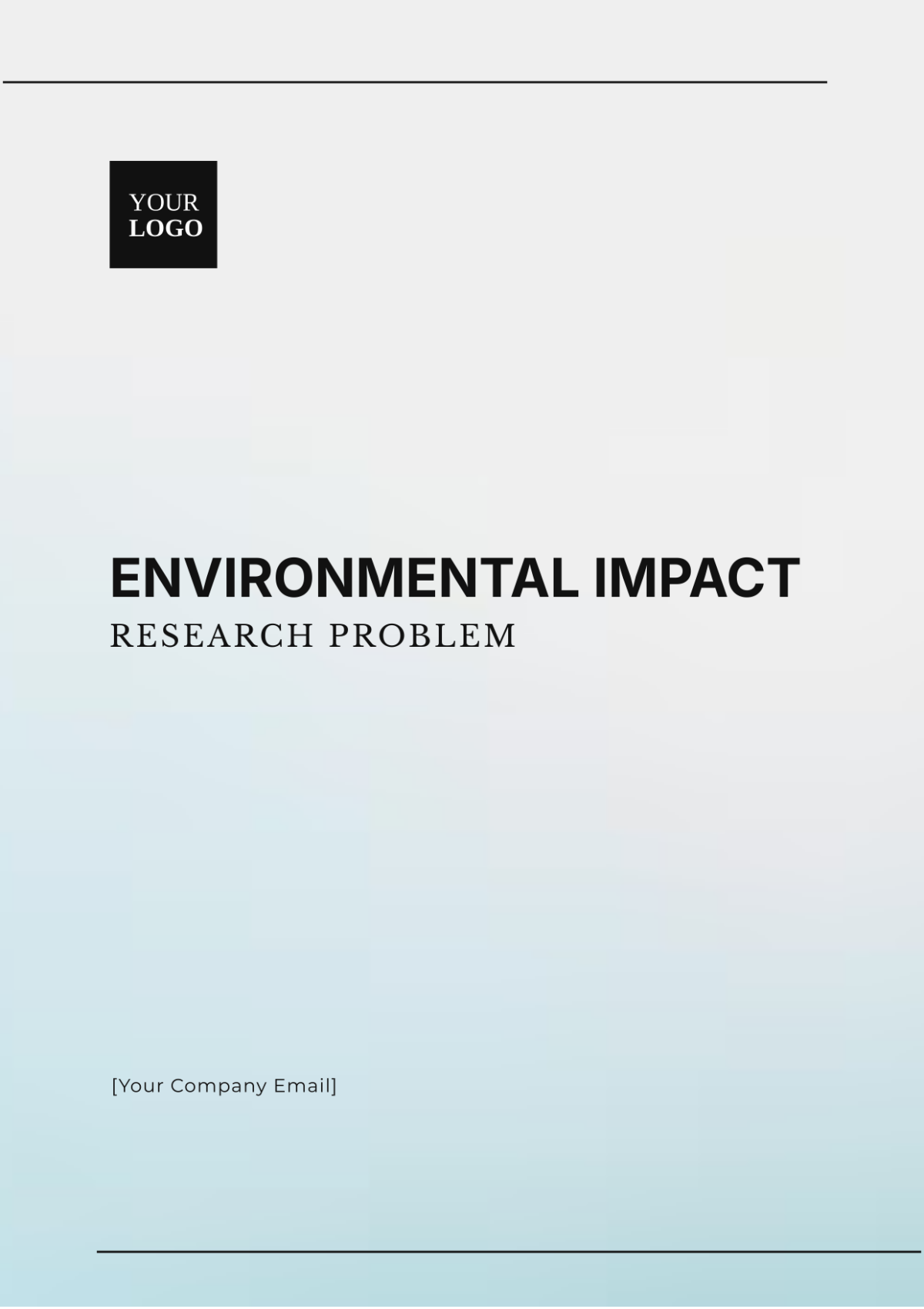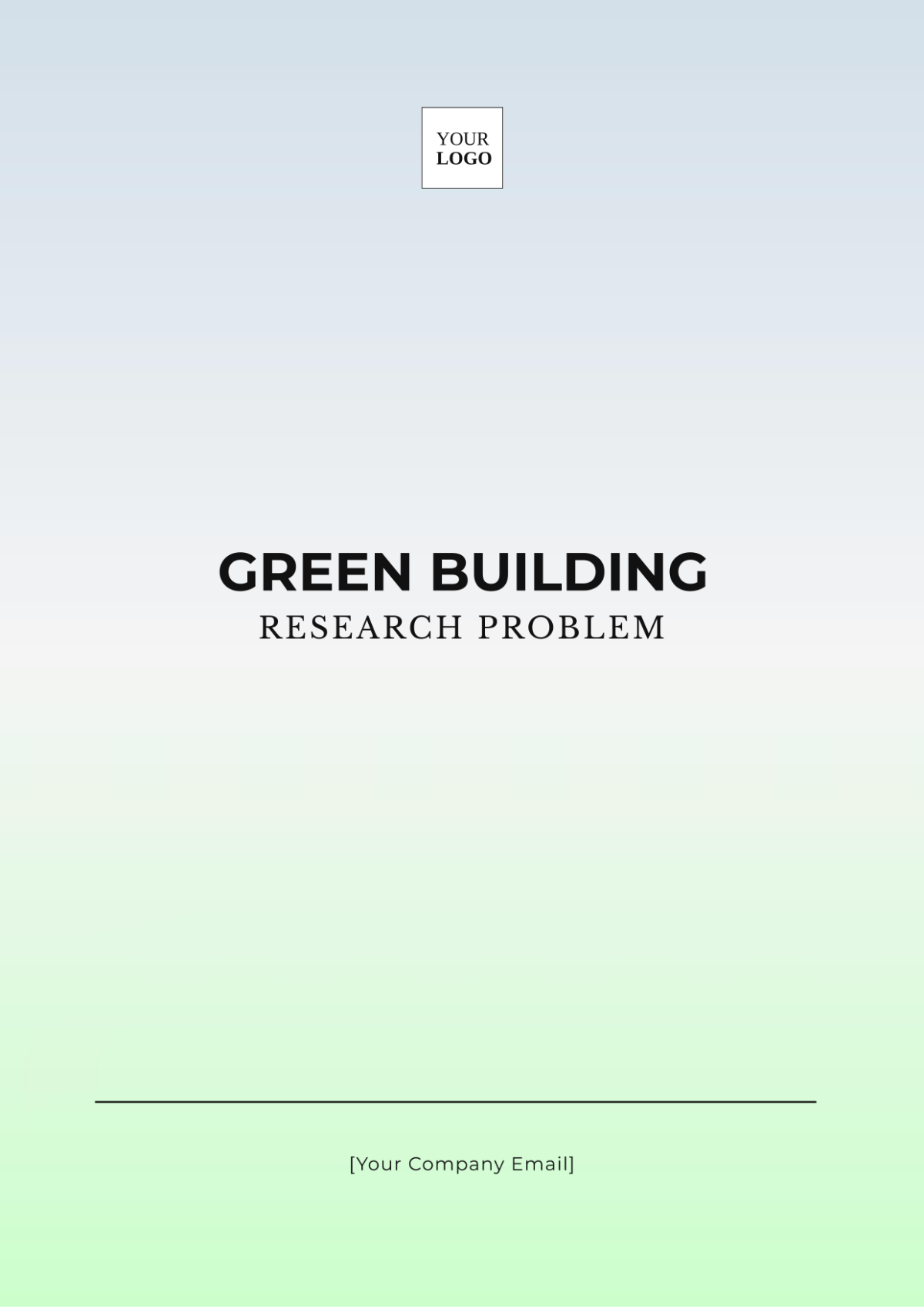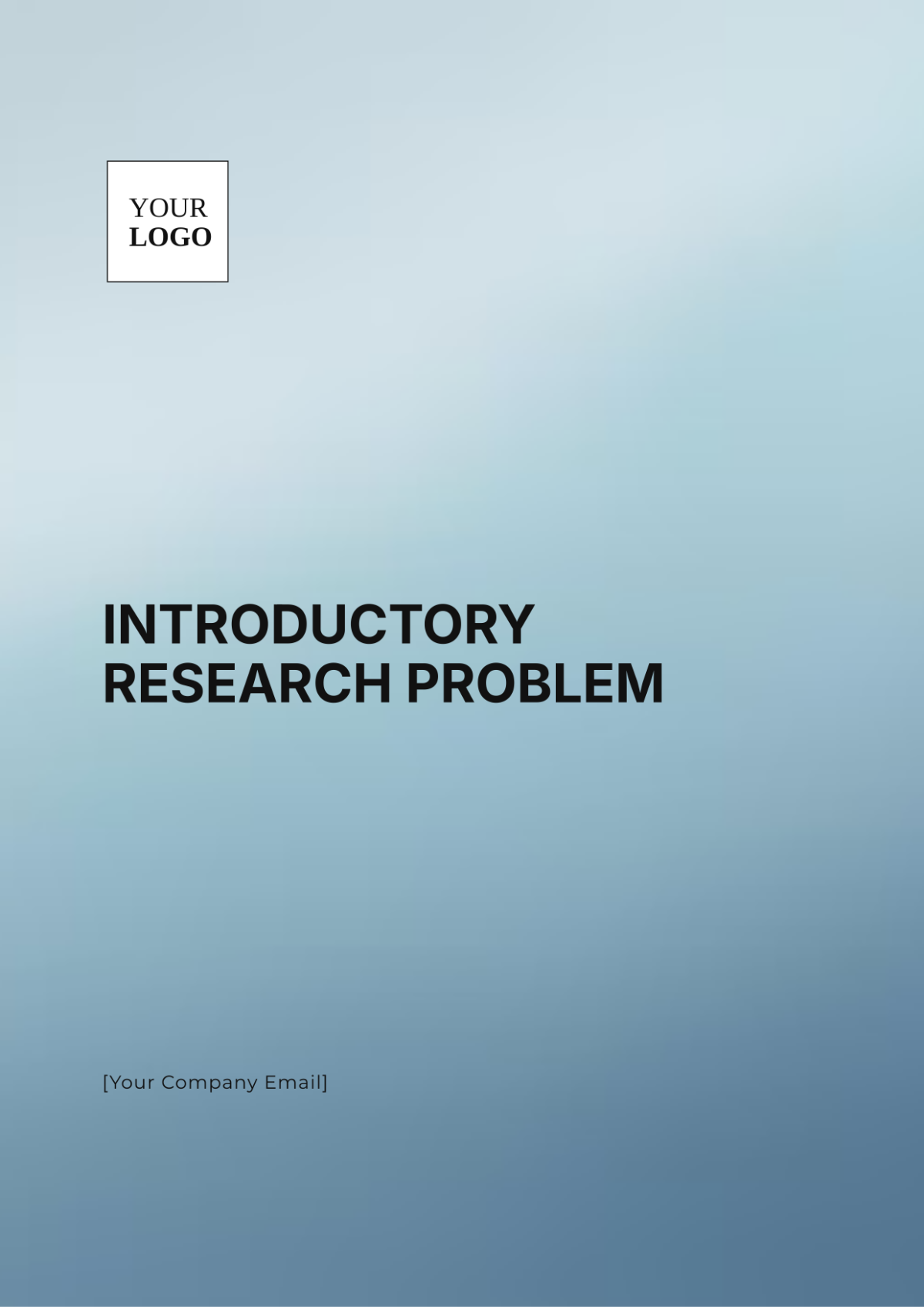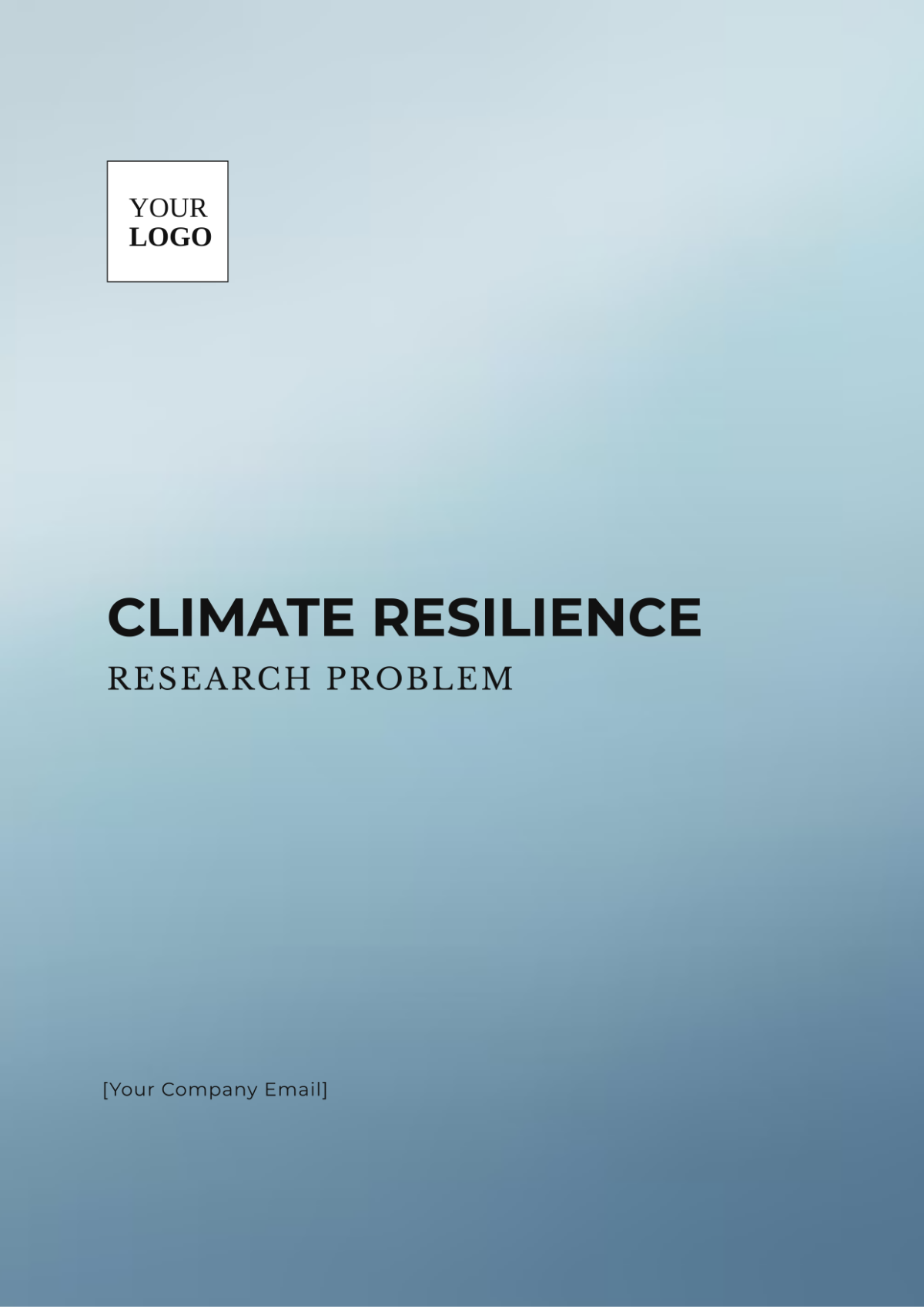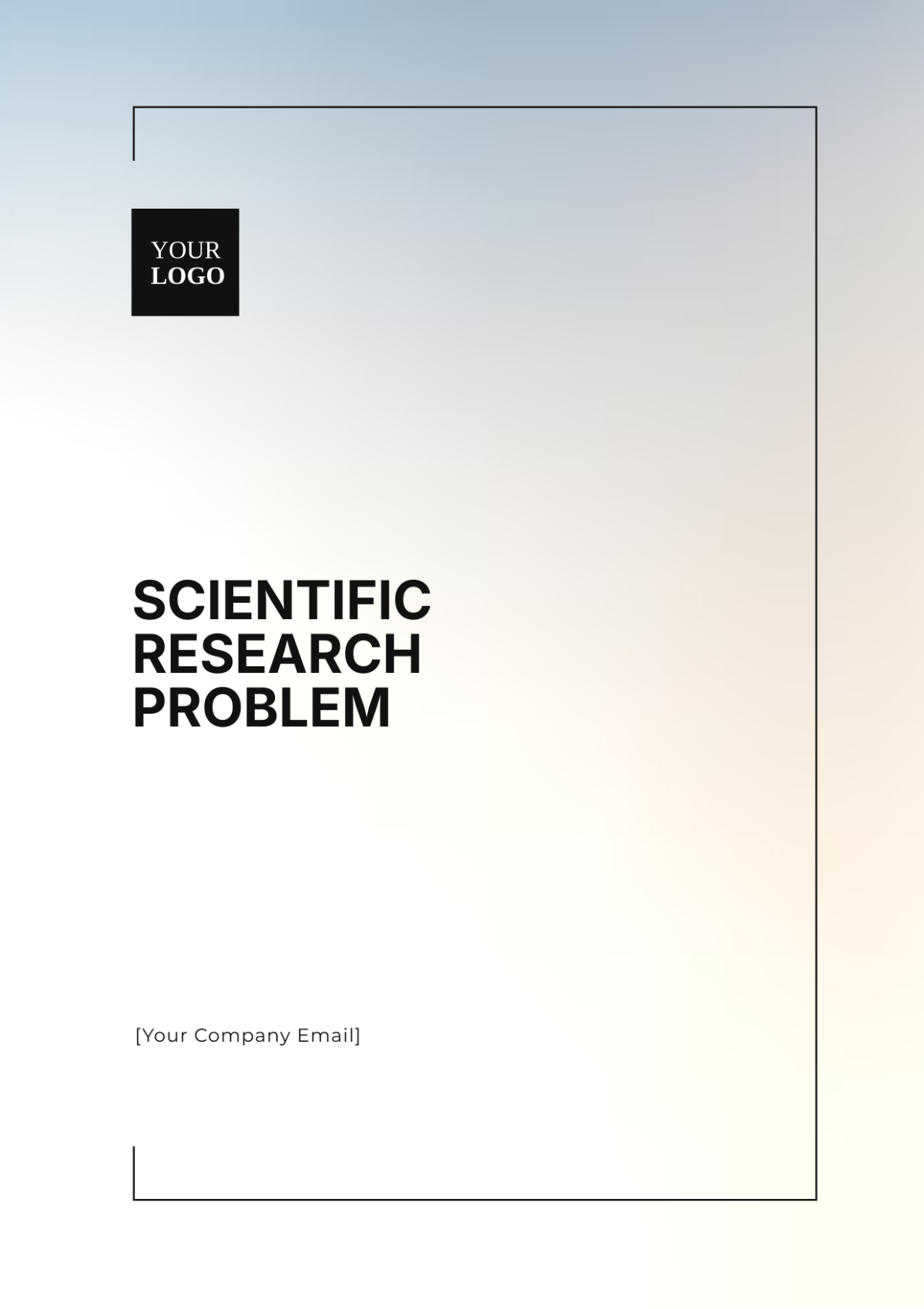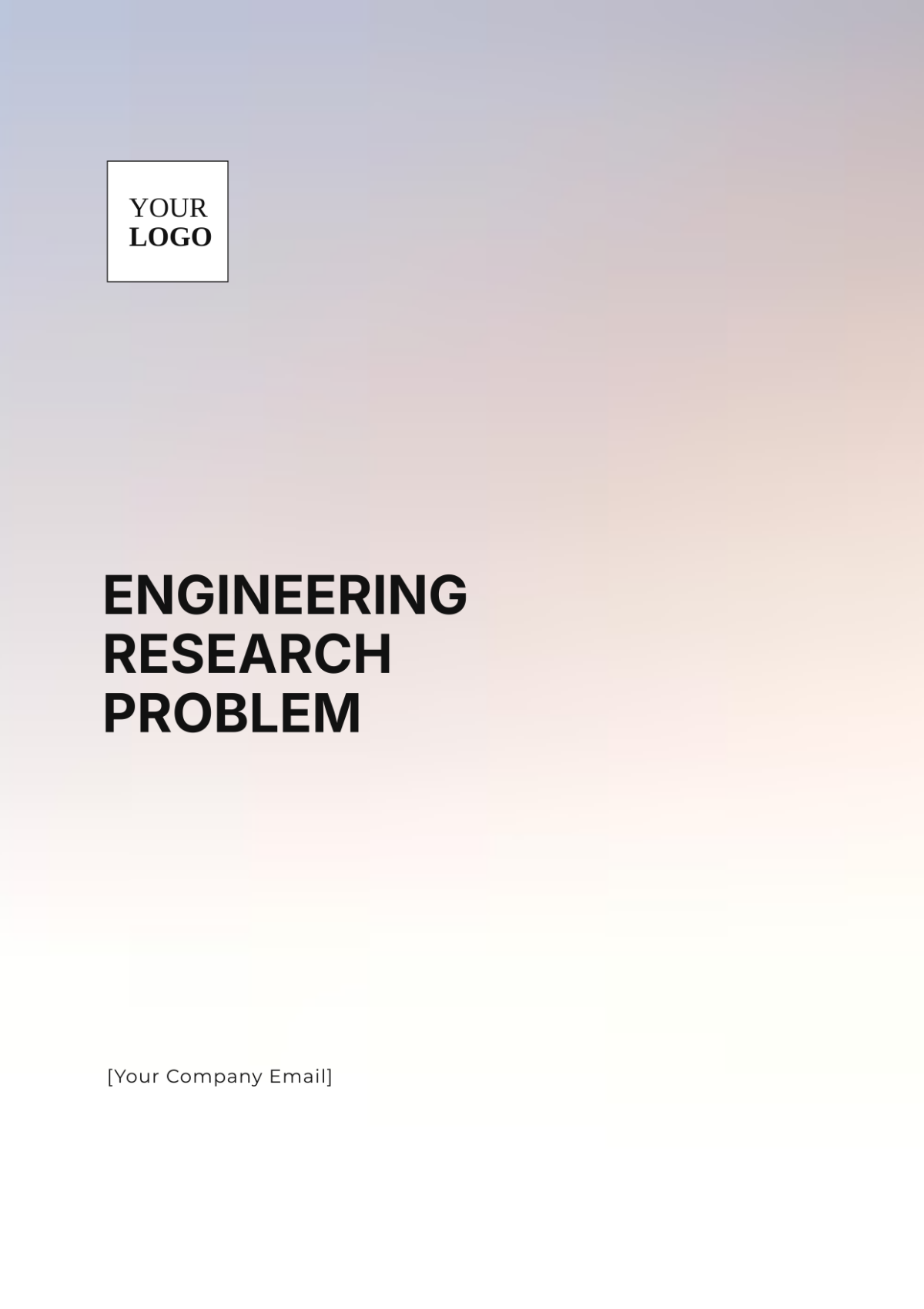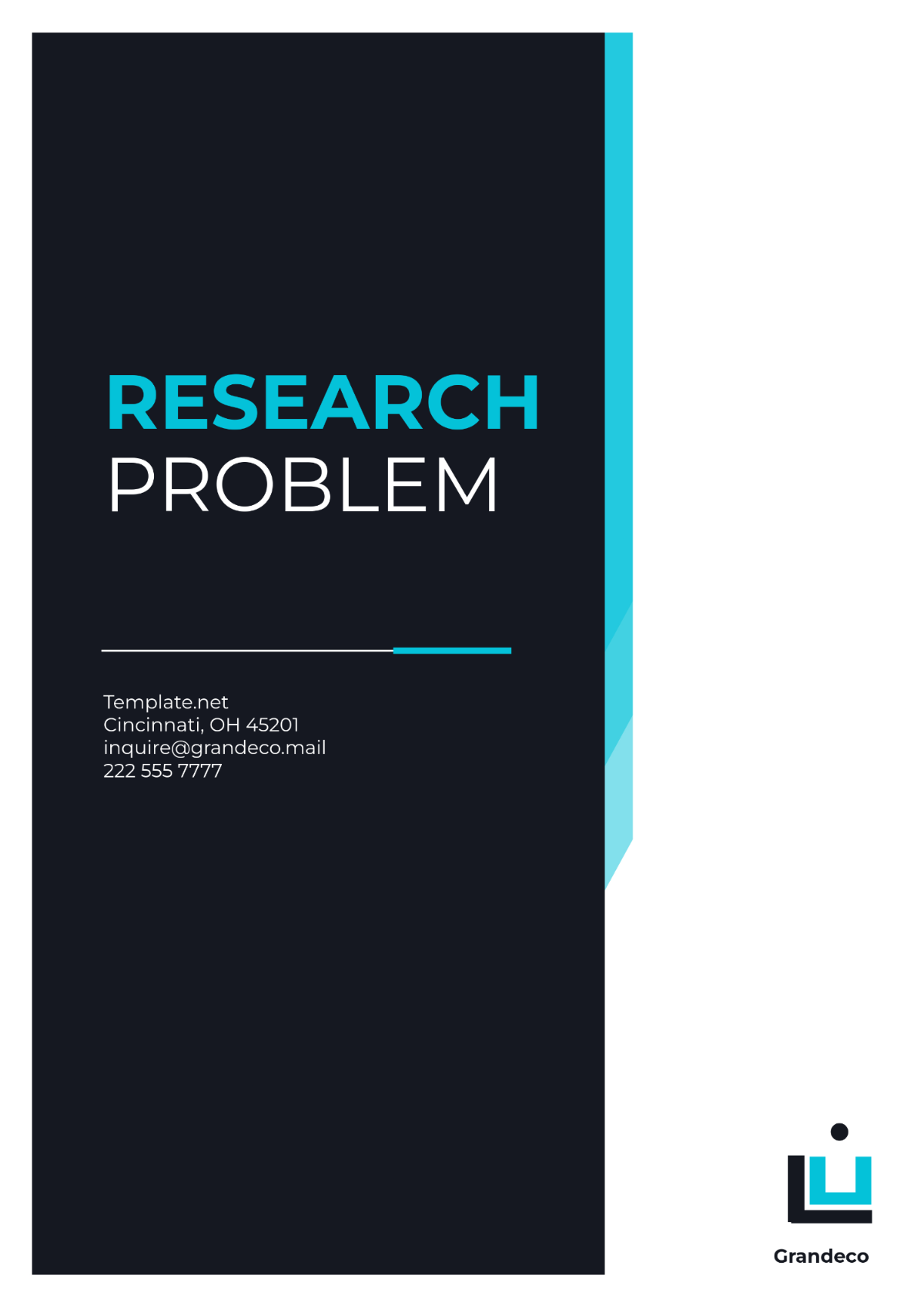Methodological Academic Research
Prepared By: [YOUR NAME]
Affiliation: Institute for Advanced Research Methods
Company Name: [YOUR COMPANY NAME]
I. Introduction
In today’s rapidly advancing academic landscape, the art of selecting and applying the most effective research methods has never been more crucial. This study delves into the intricacies of research design, showcasing how contemporary techniques from 2050 and beyond have reshaped data collection and analysis. By exploring these developments, we aim to highlight how modern methodologies enhance the quality and impact of research.
II. Literature Review
Recent literature reveals a dynamic evolution in research methodologies, reflecting significant advancements since 2050. This review synthesizes key findings from influential studies, demonstrating how new approaches have refined data accuracy and analytical precision. The review underscores the transformative impact of these methodologies on various academic disciplines.
III. Research Design
Our exploration of research design emphasizes the innovative strategies that have emerged in recent years. We highlight the alignment of research objectives with tailored methodologies, illustrating how these approaches have become more sophisticated. The discussion includes examples of cutting-edge tools and techniques that have emerged to support robust research practices.
IV. Methodology
The methodology section offers an in-depth look at the diverse methods employed in contemporary research. From advanced quantitative analyses to nuanced qualitative approaches, we examine how these methods contribute to a more comprehensive understanding of data. The section also reflects on the integration of new technologies that have enriched research practices since 2050.
Quantitative Methods
Recent advancements have introduced new quantitative techniques that enhance data analysis. For example, we utilized a mock dataset from a recent study to illustrate these methods:
Chart 1: Distribution of Age in Survey Sample
Variable | Mean | Standard Deviation | Sample Size |
|---|---|---|---|
Age (years) | 34.7 | 8.2 | 500 |
Income (USD) | 7250 | 1500 | 500 |
Satisfaction (%) | 85.4 | 6.5 | 500 |
Chart 1: Distribution of Age in Survey Sample
Interview Themes (2024)
Theme | Frequency | Example Quote |
|---|---|---|
Work-Life Balance | 45 | "Struggling to balance work and family life." |
Job Satisfaction | 38 | "I feel fulfilled by my work accomplishments." |
Career Development | 30 | "I’m looking for more opportunities for growth." |
Chart 2: Frequency of Interview Themes
Integration of New Technologies
The use of advanced technologies has significantly enhanced research methodologies. For instance, we employed AI-driven data analysis tools to process large datasets more efficiently. This integration is exemplified by:
Metric | Before AI | After AI |
|---|---|---|
Data Processing Time | 8 hours | 1 hour |
Accuracy of Insights | 78% | 95% |
Error Rate | 12% | 3% |
Chart 3: Comparison of Data Processing Times
V. Results
In presenting the results, we showcase how the application of advanced methods has led to meaningful insights across various case studies. The findings illustrate the effectiveness of choosing the right methodologies and their influence on the overall quality of research outcomes. These results emphasize the practical benefits of adopting innovative approaches.
Discussion
Reflecting on our findings, it's clear that the advancements in research methods since 2050 have profoundly influenced how we approach data collection and analysis. The integration of innovative technologies and methodologies has addressed many of the challenges that once limited research accuracy and scope. For instance, AI-driven tools have significantly reduced processing times and increased the precision of data insights.
VI. Conclusion
In synthesizing the key takeaways from our study, it becomes evident how recent advancements have reshaped the landscape of research methodologies. The evolution of methods and technologies since 2050 has significantly influenced current practices, offering enhanced tools for both data collection and analysis. These developments highlight the dynamic nature of research, where innovation drives progress and expands the boundaries of what is possible.
VII. References
Smith, J. A., & Brown, L. K. (2050). Advancements in Quantitative Research Methods. Academic Press.
This book provides a comprehensive overview of recent developments in quantitative research techniques and their applications in various fields.Jones, M. R., & Taylor, C. D. (2052). Qualitative Analysis: New Approaches and Technologies. Research Innovations Publishing.
This publication explores innovative qualitative research methods and technologies that have emerged in the past decades.Wilson, T. H., & Lee, N. R. (2053). AI in Research: Transformations and Trends. Data Insights Publishing.
This text examines the impact of artificial intelligence on research methodologies and data analysis, highlighting significant advancements from 2050 onward.Johnson, P. R. (2054). The Future of Research Design: Methodologies and Best Practices. Modern Research Press.
This book discusses cutting-edge research design strategies and best practices for ensuring methodological rigor in contemporary studies.
















